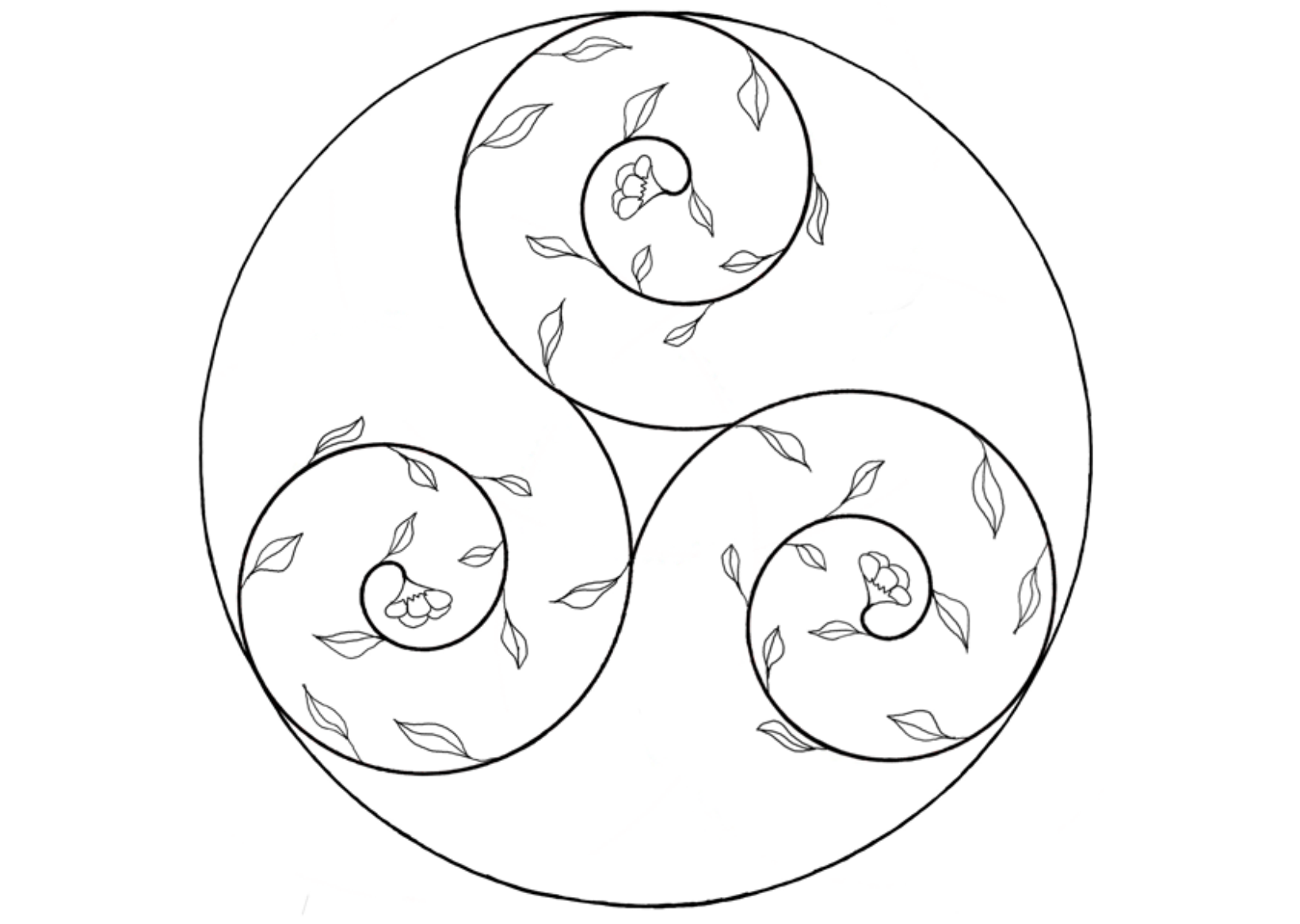Cinnamon, Cinnamomum verum, is a member of the Lauraceae family. In the west, it’s closely associated with winter and Christmas or Yule. It has a sweet flavour and is used to spice foods and drinks across the world with its warming and spicy aroma. There are references to the ancient Egyptians using cinnamon in their embalming rituals and it has multiple references in the Bible. In the first century, cinnamon was 15 times more valuable than silver! It was still as popular in the Middle Ages when John Gerard wrote ‘To write as the worthinesse of the subject requireth, would ask more time than we have to bestow upon any one plant’. Magically, cinnamon powder is scattered at the threshold of houses as protection and it is also associated with psychic ability, grounding, success and healing
Cinnamon grows as a woody tree with delicate flowers, in wet, tropical areas, notably Sri Lanka. The inner bark is the part that is harvested. Cinnamomum verum is synonymous with Cinnamomum zeylanicum
Key natural constituents of cinnamon are:
Volatile oils, mostly cinnamaldehyde, cinnamyl acetate and other aldehydes. Camphor, cinnzeylanin, cinnzeylanol, courmarins, mucilage, resins, gums, and tannins.
This product contains dried, chopped bark.
Suggested use: Grind 1 teaspoon per mug of freshly boiled and slightly cooled water, allow to steep for 5 to 10 minutes and strain to remove herbs.
Avoid large quantities during pregnancy.
Please do remember that magical descriptions are for entertainment purposes only. Do not give herbs to children and be aware that if you are taking prescription medication, have a known medical condition or are pregnant or lactating, you should seek advice from your medical practitioner and a qualified herbalist who is a member of a professional organisation such as NIMH or CPP before taking herbs. Please do not offer herbs to other people without making them aware that they should also follow this advice.










Reviews